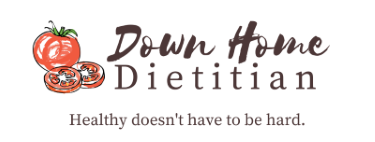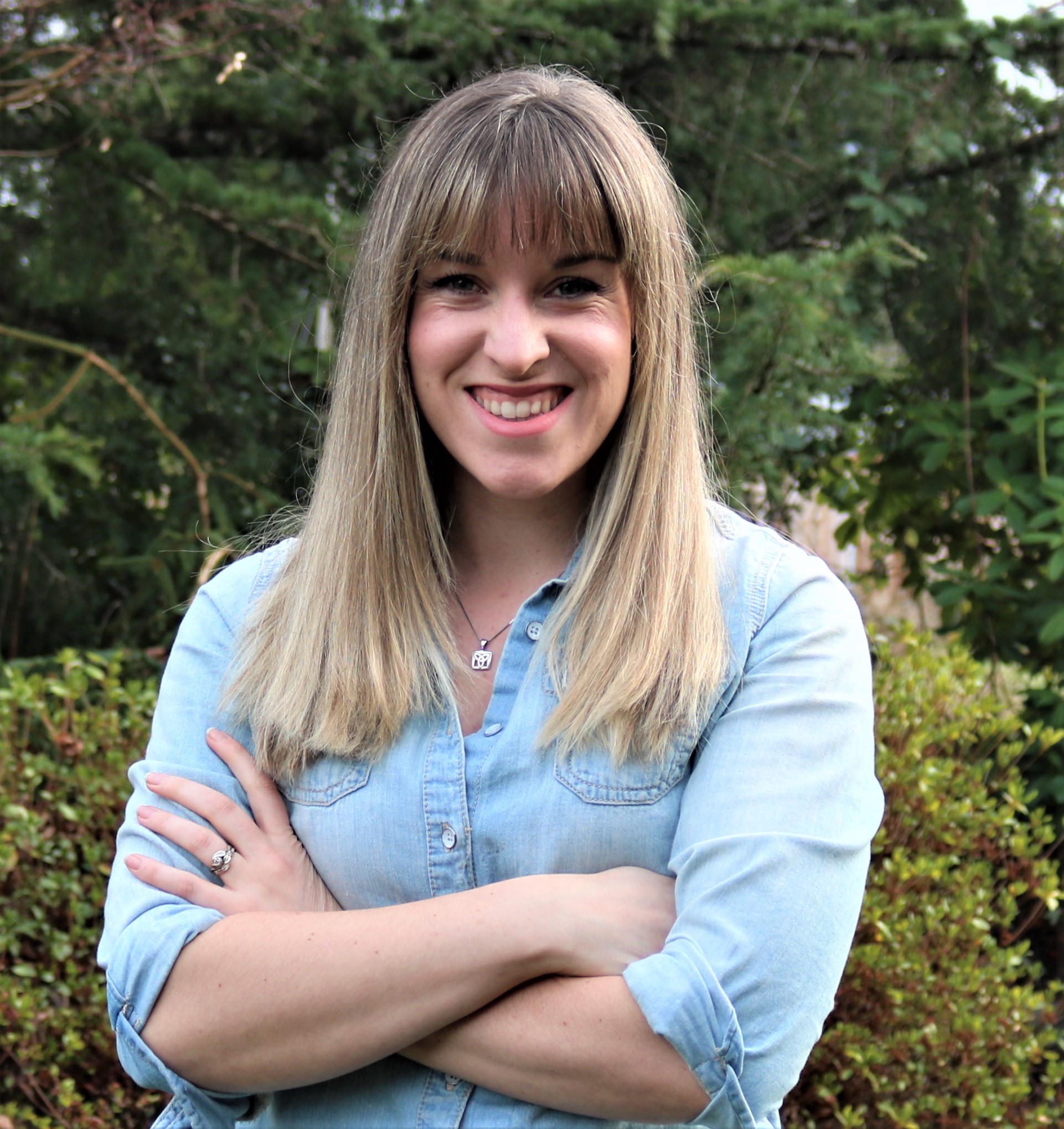
Well, late is better than never, right?
The Good: Once I started using recipes and eating more fruit life got a lot better. My blood pressure even dropped back down to 107 (lower than normal)/86 (better, but still higher than normal). During the first week I had tried to avoid using my three allotted non-paleo meals in order to stay true to the diet and “get the full experience.” But later on careful usage of my non-paleo meals helped me to participate in enough social situations to keep this extrovert functional during the last two weeks.
Also, I lost weight over the first two weeks, so if that would have been a goal, this diet did the trick…until week three when I started gaining weight. Interesting turn of events, actually, because though my average calorie and carbohydrate intakes increased minimally in the last week, it was not by a considerable amount.
Finally, my favorite thing about paleo is that it forces you to eat real food. Nothing processed, nothing artificial. Definitely more nutritious than pretty much anything you can buy pre-made.
The Bad: Eating paleo took up a LOT of time, which is what you would expect on a “real food” diet. Every meal had to be made from scratch, which is great but definitely packs on hours in the kitchen. My bro and sis-in-law can vouch for the fact that I was in their kitchen for 3-4 hours three times per week cooking. That’s a lot of prep time for a single gal working full time and driving all over western Washington every week; hence, my sparse blogging during my paleo diet. I made a paleo pizza for which I had to make the crust (out of cauliflower), the sauce (from home-canned tomatoes), and the cheese (out of macadamia nuts, believe it or not) completely from scratch to meet the diet restrictions. The one recipe took 2 1/2 hours! And it certainly didn’t taste that great.
On top of the time it took, it was also very expensive. After the first week, a reader suggested that organic, locally-grown, and in-season produce and grass-fed meat was the true “paleo” way to eat…so I adopted that for the last two weeks or so. It certainly is more “paleo,” though I don’t suppose the hunter-gatherers had to pay twice their normal grocery bill for it like I did.
The Ugly: My main beefs with the paleo diet are twofold (not counting the social impact I described here and here).
My first and main issue with the diet is that it entirely eliminates certain foods, creating a “bad food, good food” mentality. I can’t tell you how many people I explained my diet to over the last few weeks who said, “Boy, if you were to tell me there’s something I couldn’t have that’s all I would be able to think about eating.” Interestingly, I didn’t have that experience. In fact, I didn’t really have any cravings at all, I just kind of stopped enjoying food. But what I’m really getting at is the danger of the psychological game you start to play when you label and restrict specific foods as “bad.” It creates a fear of food that is a slippery slope to disordered eating.
I’ve even experienced this a little bit myself since I stopped eating paleo. When I eat foods that weren’t “allowed” on paleo my brain, if even for a second, tells me I’m not supposed to have it. I eat it anyway because I don’t truly believe that X food is inherently bad. But I can easily see how someone (and I know many who have done this) looking to lose weight or improve his or her health would try out different diets, being told that X food is bad, then Y food is bad, and yet another diet says that Z food is bad. Pretty soon in the back of your head your vegan experience tells you not to eat meat, your paleo and Atkins experience tells you not to eat carbs, and your low-fat diet’s got you afraid of every butter and oil under the sun. Now you’re left either afraid of everything but vegetables or throwing your hands up saying, “Screw it! I’m going to eat it all!” and fostering feelings of guilt and failure. For this, I have an issue with any diet that says certain foods (particularly lots of different foods) are “not allowed.” The benefits of a real food diet could certainly be achieved without eliminating entire food groups.
My second issue with paleo stems from this elimination of entire food groups. Each food group has its own strengths as far as the vitamins and minerals it provides. Let’s take calcium, for example. The first types of foods you think of when you think of calcium are probably dairy products. That’s because dairy products are the front-runners when it comes to calcium content. “Now listen crazy dietitian lady,” you may say, “there are certainly non-dairy sources of calcium!” And you would be right (at least about the calcium part, I’ll let you make your own judgements on crazy). Just check out this chart on calcium content put out by Harvard University Health Services. The problem is that several of these sources (molasses, soy nuts, tofu, fortified foods like soy milk or orange juice) aren’t allowed on paleo either. The good sources of calcium on this list that are included in paleo are artichokes, collard and turnip greens, sardines with bones, clams, and oysters. Boy, I don’t know about you, but those are not foods that make my meal plan every day. The kicker is that other paleo staples such as sweet potatoes, spinach, and almonds have high amounts of oxalic acid, which binds calcium and prevents its absorption. It certainly doesn’t mean one couldn’t meet their calcium (and other vitamin and mineral) needs on a paleo diet, but you’d have to make a concerted effort to do so.
In fact, many paleo websites encourage supplementation along with a paleo diet (though others say a paleo diet actually eliminates the need for such). This particular website discusses the top TEN different vitamin, mineral, and nutrient supplements to help you meet your needs on paleo. Granted, the author qualified these recommendations by saying that the need for them is due to the degradation of the nutrition provided in food by genetic modification and nutrient-depleted soil. That may be so, but regardless, that is what Americans have to work with today. Certainly the standard American diet is not nutrient-rich and is by no means a way I would recommend to eat, but I’m not yet convinced that cutting out lists of food types is the answer.
 So, what’s next? Good question. I have decided that there is so much more unpacking to do in regards to paleo that I’m going to hang with it for a while. I won’t be following it anymore (I know, so surprising) but I have a lot of research I still want to do. If you have specific questions about paleo, let me know in the comments section so I can address them in the next few weeks. In the meantime, I’ll hang up my apron, pull out my reading glasses, and get to work.
So, what’s next? Good question. I have decided that there is so much more unpacking to do in regards to paleo that I’m going to hang with it for a while. I won’t be following it anymore (I know, so surprising) but I have a lot of research I still want to do. If you have specific questions about paleo, let me know in the comments section so I can address them in the next few weeks. In the meantime, I’ll hang up my apron, pull out my reading glasses, and get to work.



